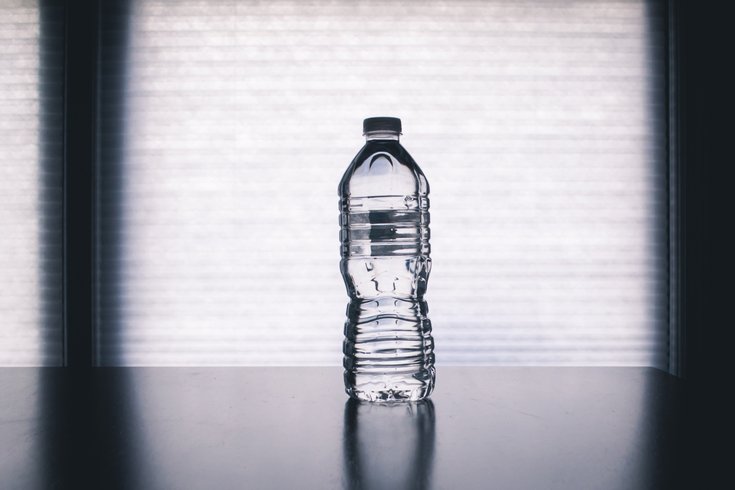
September 11, 2019
 Steve Johnson/Unsplash
Steve Johnson/Unsplash
A study published in Annals of Internal Medicine examined eight participants, aged 33 to 65, and found microplastics in every single stool sample submitted. Researchers said that it's possible the microplastics could be from food wrappers and plastic bottles.
Tiny bits of residual plastic, otherwise known as microplastics, could be seeping into our bodies, according to a new study.
A study published in Annals of Internal Medicine examined eight participants, aged 33 to 65, and found microplastics in every single stool sample submitted, with an average of 20 microplastics per 10 grams of human stool.
Researchers found 10 common types of microplastics in the samples, with two popular types of plastic, polypropylene and polyethylene terephthalate, being the most abundant. The microplastics found ranged from .05 to .5 millimeters in size.
Participants were asked to keep a food diary for a week prior to submitting a sample. Upon examining what the participants ate over the course of the week, researchers said microplastics could be getting in from food wrappers and plastic bottles.
The study featured participants from different countries around the globe, including Japan, Russia, the Netherlands, the United Kingdom, Italy, Poland, Finland, and Austria. All of the participants consumed meat and six of the participants ingested ocean-caught fish during the week.
However, it is unclear what kind of affects consuming microplastics has on the body. Recently, World Health Organization said that more analysis was needed in order to understand the true effects of microplastics on human health.
“Based on the limited information we have, microplastics in drinking water don’t appear to pose a health risk at current levels," said Dr. Maria Neira, director of WHO's public health department. "But we need to find out more. We also need to stop the rise in plastic pollution worldwide."
Follow Virginia & PhillyVoice on Twitter: @vastreva | @thePhillyVoice
Like us on Facebook: PhillyVoice
Add Virginia's RSS feed to your feed reader
Have a news tip? Let us know.